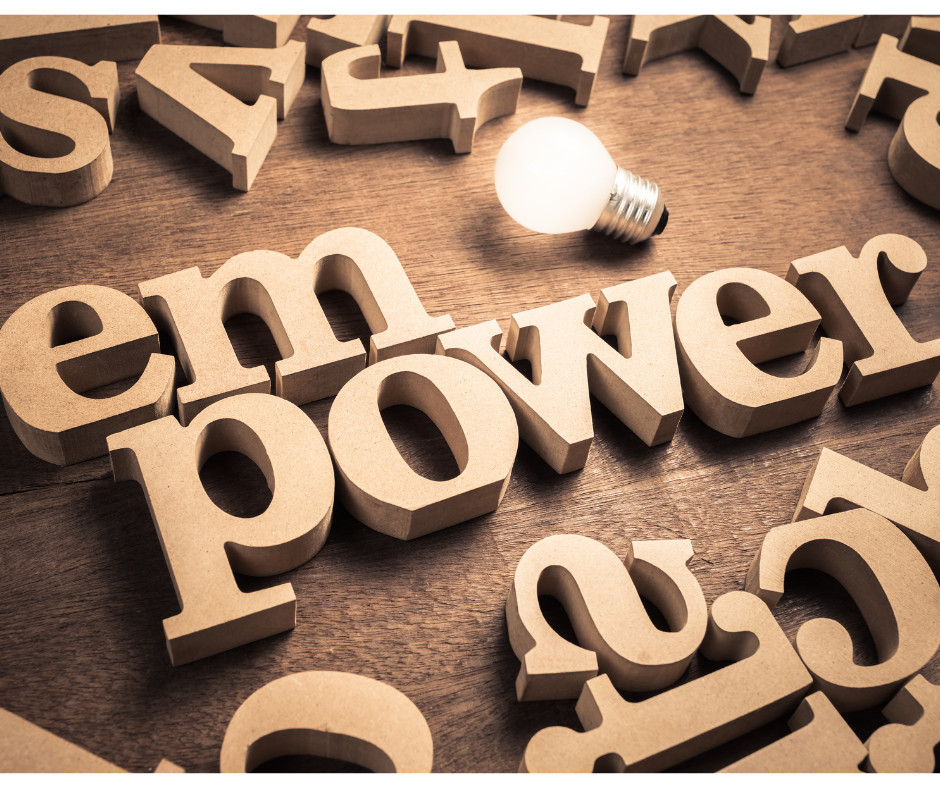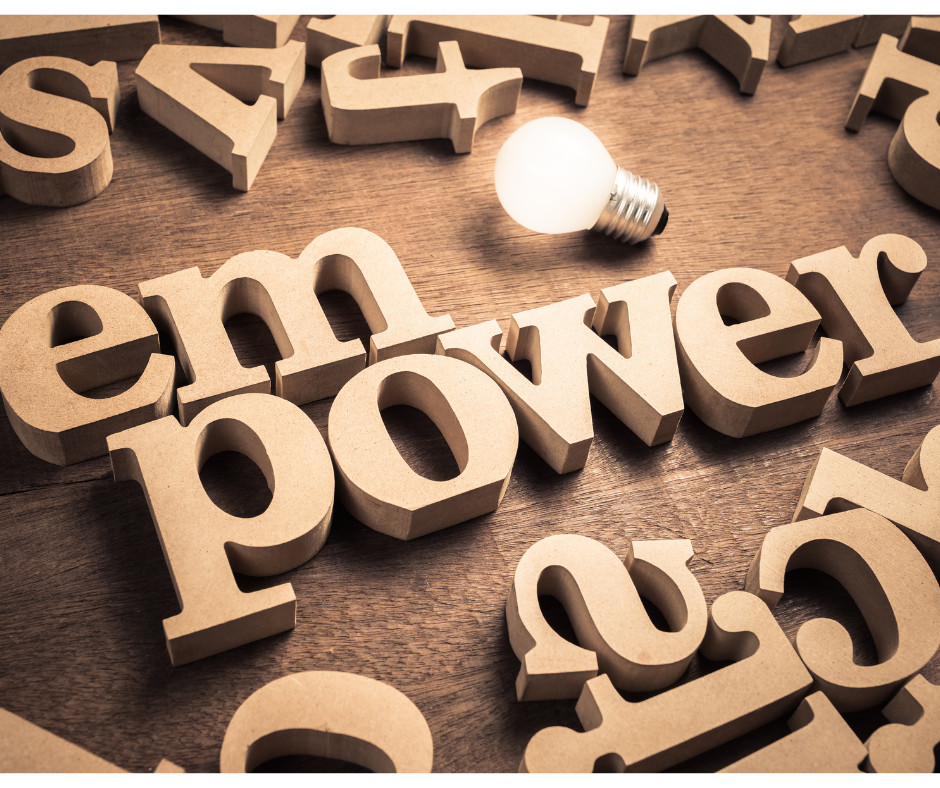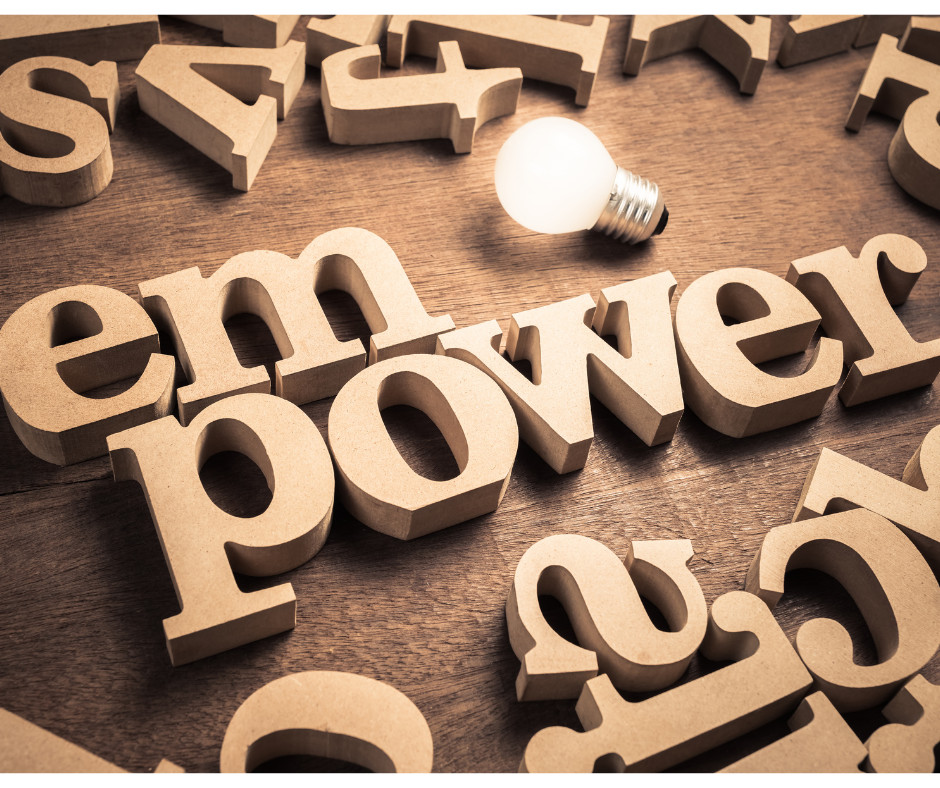
The inner critic, a voice inside our head that constantly criticizes and diminishes our self-esteem, develops from the internalization of childhood experiences and often reflects the voices of early caregivers. Symptoms of being overly critical towards oneself include perfectionism, fear of failure, craving control, and a tendency towards rumination, among others. Recognizing these signs is the first step toward empowering one's self-esteem and leading a more fulfilling life.
The blog post explores seven types of inner critics, including the Perfectionist, Inner Controller, Taskmaster, Underminer, Destroyer, Guilt-Tripper, and Molder. Each type of critic pushes individuals towards unattainable standards, controls impulses, demands relentless hard work, undermines confidence, attacks self-worth, induces guilt over past actions, and forces conformity to societal expectations, respectively. Effective strategies such as aiming for progress, practicing moderation, setting realistic goals, embracing failures as learning opportunities, engaging in positive self-talk, forgiving oneself, and celebrating individuality are suggested to manage these critics.
Understanding and working with our inner critics, rather than against them, can significantly enhance our mental wellness and self-esteem. This approach allows us to grow and discover our authentic selves by acknowledging the concerns of our inner critics and building a supportive internal dialogue. The goal is not to silence these critics completely but to cultivate a harmonious relationship with them, enabling a more authentic and joyful life.
Read more...
Emotions are potent, complex responses that intertwine our physiological states with our psychological interpretations, significantly influencing our behavior and decision-making processes. These emotional responses not only dictate how we perceive and interact with the world but also hold the power to shape our relationships and personal growth. Understanding emotions and cultivating emotional intelligence, which involves identifying, managing, and harnessing these feelings, can greatly enhance our lives and interactions with others.
Our difficulty in connecting with and interpreting our emotions often stems from societal conditioning that discourages the expression of intense or inconvenient emotions. This disconnect can hinder our ability to fully understand and manage our emotional responses. However, by delving into the components of our emotional landscape—subjective interpretation, physiological experience, and expressional behavior—we can begin to decode the complex language of our emotions, fostering a deeper self-awareness and empathy towards others.
Harnessing the principles of emotional intelligence can transform our approach to handling challenging situations, such as public speaking, by recognizing and adjusting our interpretation of internal sensations like nervousness. By acknowledging these feelings without attaching negative connotations, we empower ourselves to navigate through discomfort with confidence and grace. This shift in perspective underscores the significance of our interpretations in shaping our emotional experience and highlights the transformative potential of emotional intelligence in enhancing our daily lives and personal growth.
Read more...
Our thought processes and the language we utilize not only shape our personal experiences but also how we perceive the world around us. Our brains, in their quest for efficiency, categorize information in a manner that sometimes leads to cognitive distortions. These distortions, while not intentional trickery by our brains, are formed through the process of categorization and reinforced learning from our early interactions with the environment, such as identifying the color yellow through repeated validation from caregivers.
The brain operates much like a vast filing system, constantly sorting, assessing, and categorizing countless pieces of information from our sensory inputs to manage our responses and prepare for new data. However, this rapid categorization, while essential for our cognitive efficiency, can lead to inaccuracies. These inaccuracies or cognitive distortions can significantly influence our mood, behavior, and decisions, often leading us to adopt negative thinking patterns based on flawed assessments of our experiences.
Identifying common cognitive distortions, such as all-or-nothing thinking, overgeneralization, and emotional reasoning, among others, is crucial for recognizing how these patterns impact our well-being. By acknowledging these distortions, we can take the first step toward mindful change, fostering healthier thinking habits and establishing a more balanced perspective on life's challenges and experiences.
Understanding cognitive distortions can be like finding the manual to your own thoughts. It explains why we feel or react a certain way and, more importantly, offers a strategy to challenge and change unhelpful patterns. Let's explore how recognizing each distortion can empower us to improve our mindset and approach to life and work.
Read more...
A growth mindset is a powerful tool in understanding and enhancing how we perceive our capabilities and approach challenges. It embodies the belief that our talents and abilities are not fixed, but rather can be developed through dedication, hard work, and learning from experiences. Individuals with a growth mindset see effort as a pathway to mastery, embrace challenges, welcome feedback, and are inspired by the successes of others, viewing mistakes and failures as opportunities for growth and learning.
Transitioning from a fixed to a growth mindset involves embracing strategies that acknowledge our brains' adaptability through neuroplasticity. Tools such as visualizing success and recognizing our weaknesses—aspects we can improve upon and as essential parts of our growth process—play key roles. This shift not only encourages us to balance our strengths and weaknesses but also teaches us to appreciate that real potential is realized when we maintain a balance, acknowledging the importance of our entire range of qualities.
Adopting a growth mindset influences not just how we confront challenges but also how we process experiences and celebrate progress. It stresses the importance of focusing on the journey rather than the outcome, understanding that each step forward, no matter how small, is crucial. By celebrating these achievements, we cultivate a sense of resilience and motivation, essential for sustaining growth. This positive approach encourages continuous learning and adaptation, fundamental elements for personal and professional development.
Read more...



